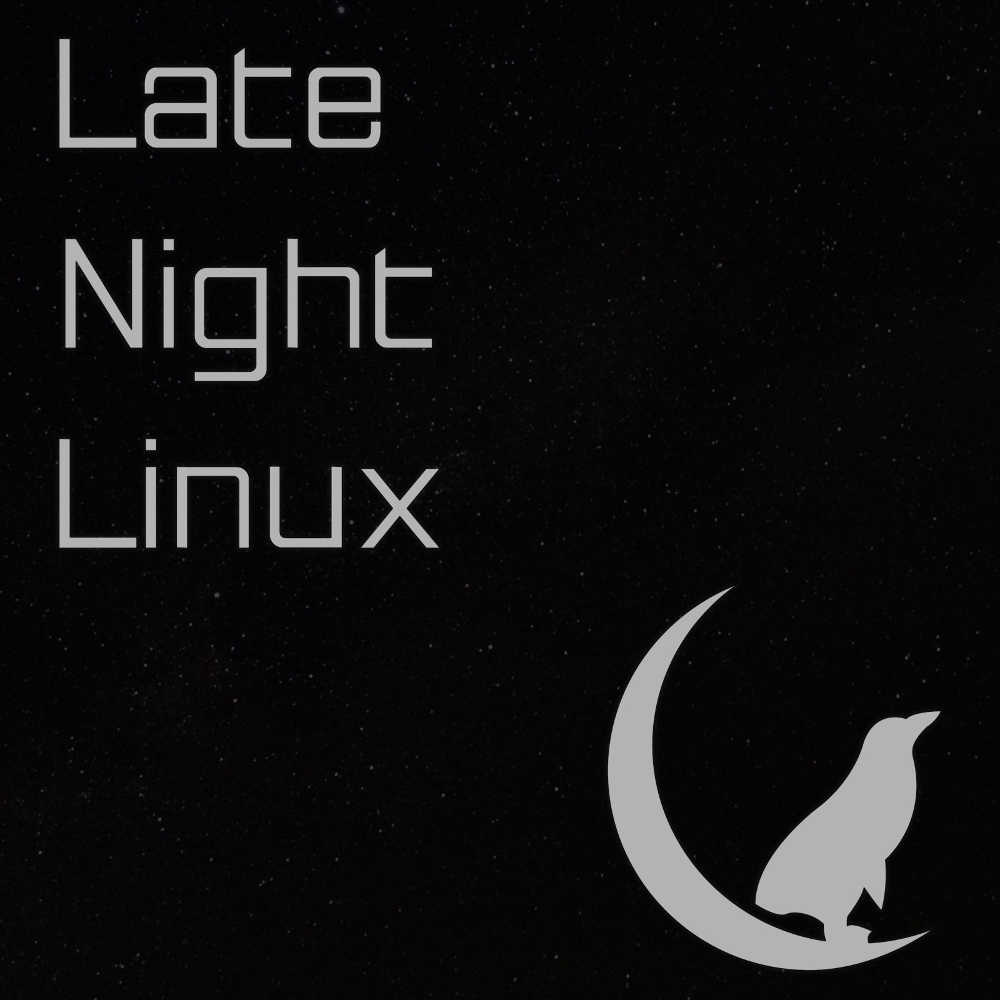
 Late Night Linux
Late Night Linux Late Night Linux – Episode 306
Nov 5, 2024
The conversation kicks off with the controversial removal of Russian maintainers from the Linux kernel, igniting a debate on transparency. Listeners hear about Tailscale's innovative VPN solutions and the turbulent journey of the Flutter fork, born from concerns over Google’s support. The Open Source Initiative's new AI definition is dissected, with skepticism about its practical application. Plus, the team discusses the rise of Thunderbird for Android and highlights the power of community contributions in enhancing open-source projects.
Chapters
Transcript
Episode notes
1 2 3 4 5 6 7
Intro
00:00 • 2min
Challenges of the Linux Foundation
02:02 • 7min
Exploring Tailscale's Unique VPN Solutions and the Fluck Fork
08:45 • 2min
Flutter's Desktop Dilemma
10:21 • 3min
Defining Open Source AI
13:33 • 8min
Exploring Open Source Impact and Security Solutions
21:07 • 3min
Exploring Open-Source Accessibility and Email Innovations
24:05 • 7min

